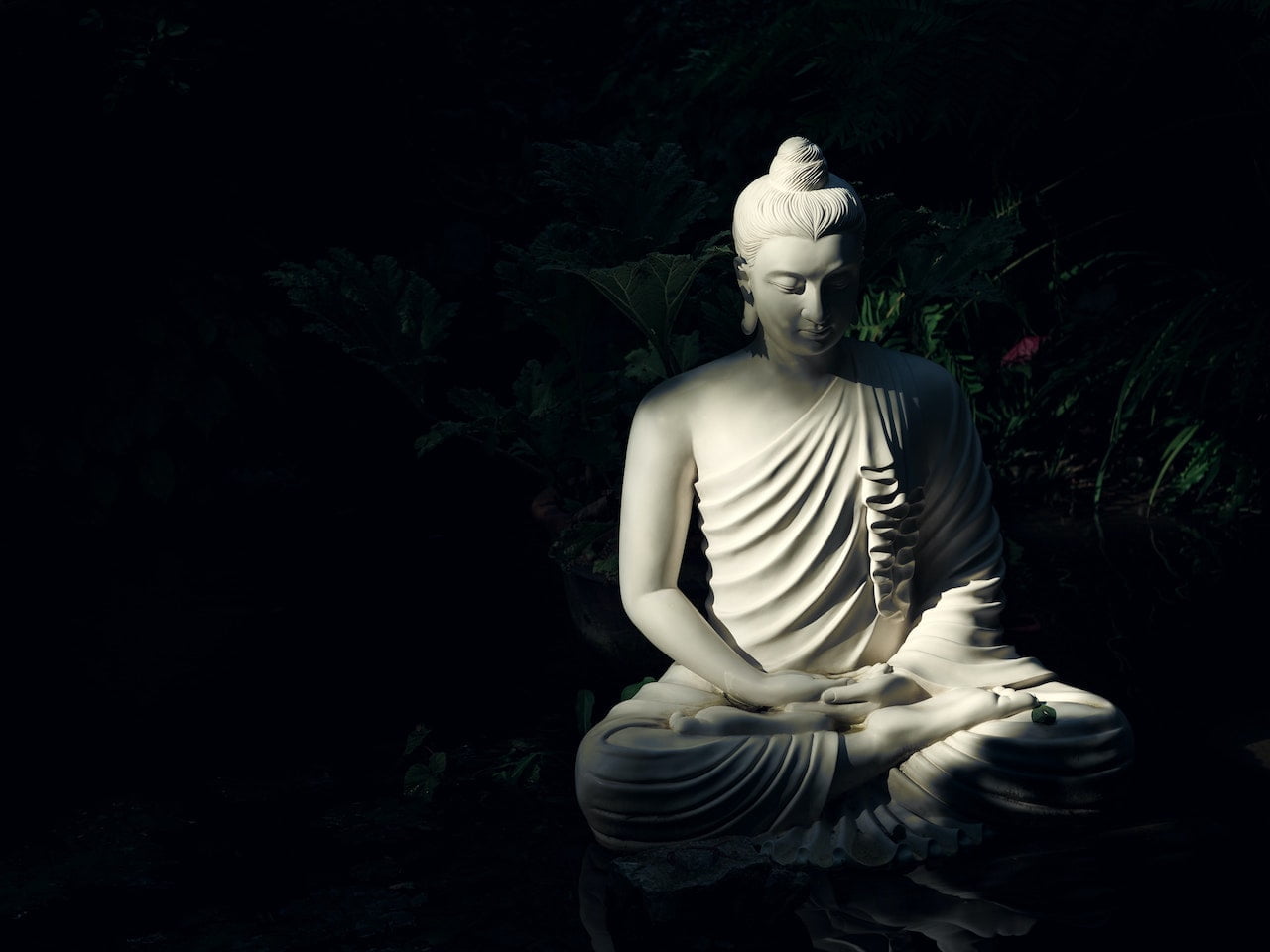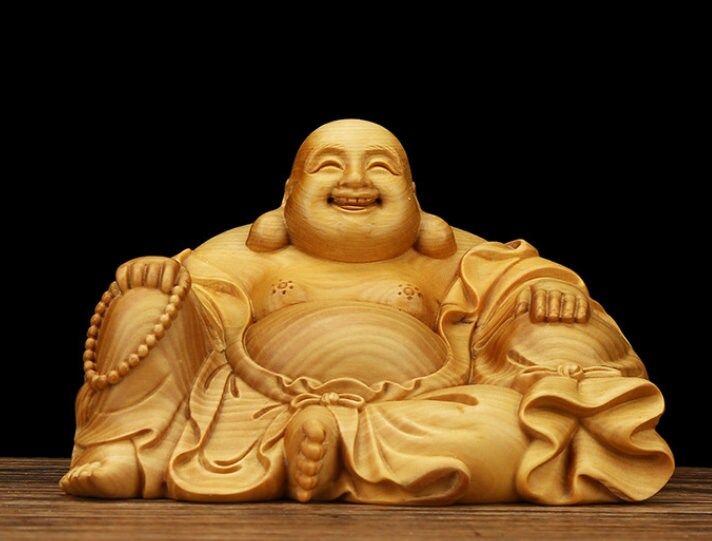Before I had even learned about the truth of meditation, in 2011, I encountered two labs at my university that were studying the effect of mindfulness-based stress reduction (MBSR) on the mental health of youth (Van Vliet et al. 2017). The researchers had 28 adolescents in a residential treatment center participate in an 8-week MBSR program and found that the youths had “improved mood, enhanced relationship to self, increased self-control, improved problem-solving, awareness of the present, and enhanced interpersonal relationships.” Later, the same researchers did a controlled trial, and found that those who used MBSR were released significantly earlier than those who did were not trained in MBSR (Vohra et al., 2019).
This was my first time hearing that mindfulness-based training helped with mental health and more. And now, scientists continue to use mindfulness-based training to treat borderline personality disorders (using dialectical behavioral therapy, or DBT), anxiety and depression, behavioural disorders, etc… This training is all based on the principles of meditation brought over to America from Zen Buddhism.
There are two types of meditation: Mindfulness and Transcendental. At the Chin Yin Temple, we perform ceremonies that add to our cultivation practices, and the meditation that we are taught is transcendental. It includes aspects of mindfulness which we use to help us get into a state of samadhi or emptiness. Once in this state, that is when the transcendence happens – when we connect with our root guru or our personal deity.
And while the resulting effect is that connection, that transcendence, an overall feeling of emptiness, bliss and joy, some might ask how do we get there? What other (physical) effects come from meditation? Some might even consider the beneficial effects of meditation as a type of “skillful means” that attract newcomers to Buddhism.
There are many scientific studies on MBSR, a type of mindfulness meditative training, that show that meditation decreases stress (Park & Choi, 2016), increases mood (Bowden, McLennan & Gruzelier, 2014; Davidson et al., 2003), increases your immunity (or antibody production) (Davidson et al., 2003), gives better sleep (Bowden, McLennan & Gruzelier, 2014), and even promotes problem-solving (Ren et al, 2011).
How does meditation relate to sleep? As a neuroscience researcher, you can measure your brain waves using electrodes on the surface of the brain (which you can now buy as headbands online). The waves that are associated with calm wakefulness are called alpha waves, and the waves that are associated with deep sleep, which is required for restful sleep, are called theta waves. Meditation taps both types of waves: to get into a meditative state, you must first train your brain to achieve these alpha waves, and then when you achieve the transcendental or the emptiness state (successful meditative state), you show theta waves (Tang et al., 2019). This may explain why people who meditate have higher quality sleep or need less sleep (Bowden, McLennan & Gruzelier, 2014).
Why would meditation improve mood? Many studies have shown that those who have deep religious or spiritual faith are also viewed as happier (…). What happens is that prayer, meditation, cultivation leads to increased introspection and self-awareness, but also awareness of our environment and then later on, the universe (if we reach Nirvana). This allows us to see the “big-picture” (which is also associated with higher levels of happiness) and prevents us from attaching to our selfish sufferings. This big-picture allows us to connect to others and beyond ourselves. Some might even call that hope, or faith (in humanity, in others, in nature or even the Tao).
This may seem like a science paper, and it technically was, so I will leave the dry content to that. But those of you who have cultivated or meditated have probably experienced these effects firsthand. And it’s not unusual. In fact, there has been much scientific research on the effects of meditation, and they all show the same thing, meditation is very beneficial and can help in many aspects of your life. There has been a lot of science research that show the beneficial effects of meditation, of which our cultivation practices, prayers, yoga practices (in yoga studios) can all be considered as meditation. Meditation itself does vary vastly, but if you’re subscribed to this newsletter, you also have an affinity for Buddhist cultivation practices. Hopefully if you haven’t started meditating, you might start now, or if you have, you’ll see that the benefits outweigh the boredom some might feel.
By Yvonne Wong, Ph.D.





